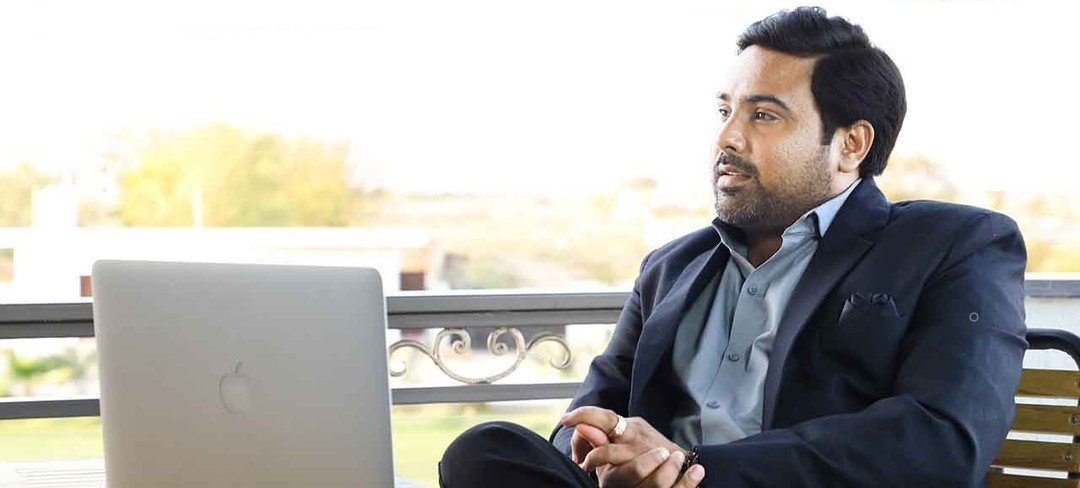CURRENCY
BUSINESS OPPORTUNITIES IN EGYPT
EGYPT


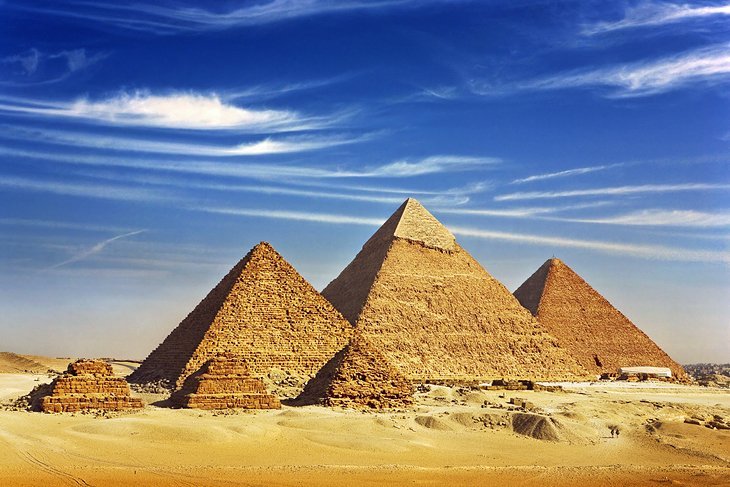
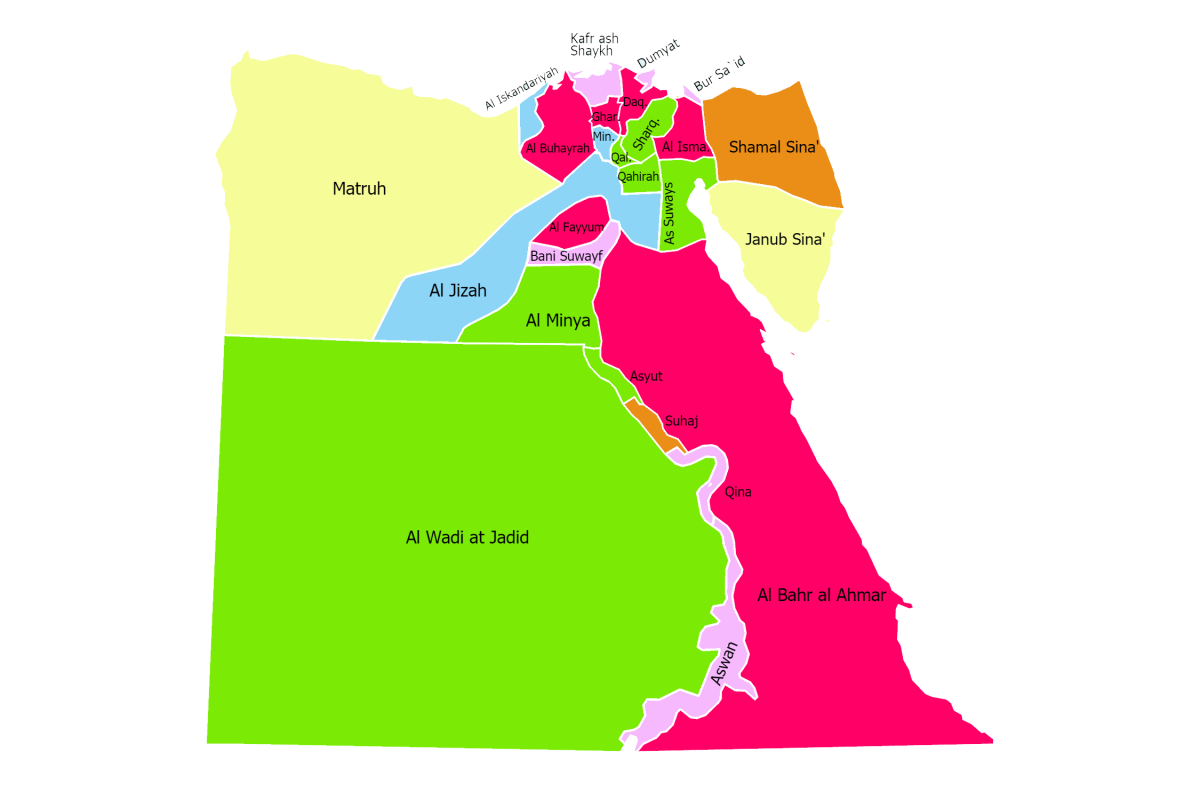
FLAG
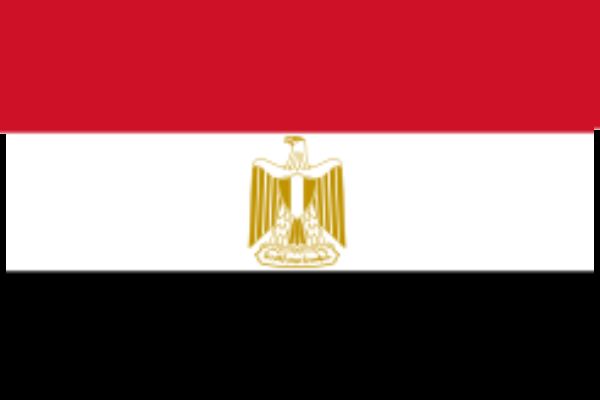
EGYPT
CAPITAL CITY

CAIRO
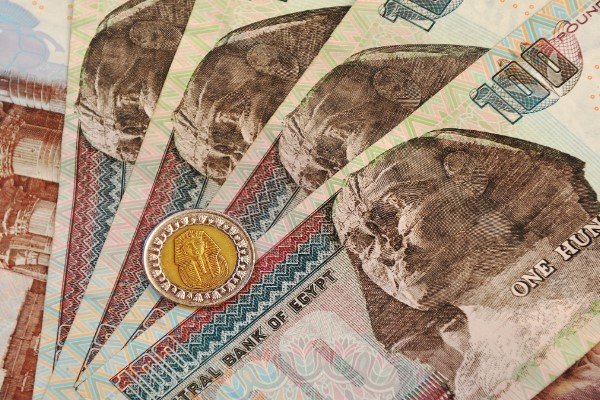
EGYPTIAN POUND
Language

Population

10.43 CRORES
Country
Calling Code

+20
LOCATION:
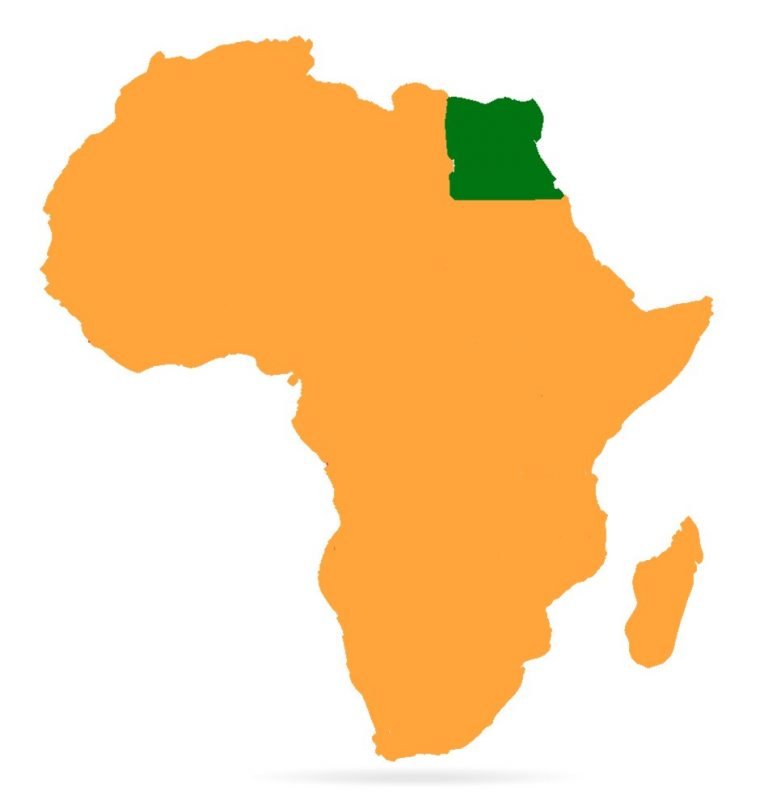
North Africa
BORDER COUNTRIES:
MEDITERRANEAN SEA
ISRAEL
THE RED SEA
SUDAN
LIBYA
ABOUT EGYPT
Amongst all the countries in the North African region, Egypt is one of the most strategically located nations, acting as a transcontinental hub between Africa and the Middle East. The capital of Egypt is Cairo, which is also the most populous city in the Arab world. According to the World Bank classification, Egypt is considered a Lower-Middle-Income country, though it is rapidly progressing in many economic sectors. The currency of Egypt is the Egyptian Pound (EGP), and the value of the Indian Rupee is slightly stronger than the Egyptian Pound at the time of writing this article.
As of 2024, Egypt has a population of approximately 11.3 crores (113 million). The country shares its borders with Libya, Sudan, Israel, and the Gaza Strip, and has extensive coastlines along the Red Sea and the Mediterranean Sea. The main languages spoken in Egypt are Arabic (official language) and English, which is widely used in business and education. The dominant religion is Islam, although Christianity (particularly the Coptic Orthodox Church) also has a significant following.
Egypt has 9 major international airports, including Cairo International Airport and Hurghada International Airport, offering excellent connectivity to the rest of the world. Being located near the Suez Canal and bordered by the Mediterranean and Red Seas, Egypt is home to 15 commercial seaports that facilitate massive trade volumes. The Suez Canal, one of the world’s busiest and most strategic waterways, plays a central role in Egypt’s trade and economy.
The corporate tax rate in Egypt is around 22.5%, and there is a flat rate of 15% VAT applicable to most goods and services. The Opesh Group of companies can support foreign investors with the complete Due Diligence process including financial structuring, legal registrations, business model guidance, and even assistance with office rentals and other operational logistics.
Setting up a business in Egypt must comply with Egyptian Commercial Law. Foreign investors can register different types of companies including LLCs, Joint Stock Companies, Branch Offices, and Free Zone Entities. In most sectors, foreign ownership of 100% is permitted.
If you are planning to register an LLC or a Corporation in Egypt, Opesh Group will guide you through every step of business registration, legal compliance, and operational planning in the country.
Types of Business which can be started in Egypt:
- Agriculture
Egypt relies heavily on agricultural imports despite having fertile land near the Nile. There is demand for modern agricultural equipment, techniques, and crops such as wheat, rice, and pulses. Investors can explore agritech, greenhouse farming, and irrigation technology businesses. - Fishing & Aquaculture
With its long coastline and access to both the Mediterranean and Red Seas, Egypt has huge potential in seafood and aquaculture businesses. Demand for high-quality seafood has opened doors for both export and domestic consumption. - Tourism & Hospitality
Home to the Pyramids of Giza, Luxor, and the Red Sea resorts, Egypt is a magnet for global tourism. The sector contributes over 12% to the national GDP. There are strong investment opportunities in hotel development, desert safari tourism, and cultural tour services. - Renewable Energy
With abundant sun and wind resources, Egypt is aiming to produce 42% of its electricity from renewables by 2035. The solar energy sector, especially in Upper Egypt, presents massive investment potential. - Transport & Logistics
Egypt’s infrastructure and location make it a transport and logistics hub. Investment opportunities exist in cargo, shipping, urban transport, and last-mile delivery services. - Health
Despite improvements, Egypt’s public healthcare system is overburdened. There’s a demand for private clinics, hospitals, telemedicine, and affordable pharmaceutical services. Health insurance is still underdeveloped, giving rise to untapped markets. - ICT (Information & Communication Technology)
Egypt has a growing ICT workforce and government incentives for startups in fintech, AI, and digital services. The country is positioning itself as a regional tech outsourcing center. - Mining & Resources
Egypt is rich in gold, limestone, phosphate, and other minerals. New mining laws encourage private and foreign investment in exploration and mineral processing. - Construction & Infrastructure
Massive national projects such as the New Administrative Capital and the expansion of the Suez Canal Economic Zone provide significant entry points for businesses in construction, cement, and building materials. Opesh Group will assist you in bidding and complying with technical requirements.
Advantages of Starting Business in Egypt:
- Strategic Location: Egypt is a gateway between Africa, Asia, and Europe, offering immense trade advantages.
- Young Workforce: With over 60% of the population under 30, businesses can access a large, trainable labor pool.
- Free Trade Agreements: Egypt is part of COMESA, GAFTA, and other regional blocs, providing duty-free access to several markets.
- Growing Infrastructure: The government is investing billions in smart cities, energy, and roads, opening various PPP and private sector opportunities.
- Stable Economy: Despite political transitions in the past, Egypt is now witnessing economic reform and stability, backed by IMF programs and foreign investment.
- Low Operational Costs: Cost of labor, rent, and utilities in Egypt are significantly lower than many other regions.
- Special Economic Zones (SEZs): Investors get tax incentives and simplified regulations in zones like the Suez Canal Economic Zone (SCZone).
Business Opportunities for Indians in Egypt:
There are excellent opportunities for Indian entrepreneurs and MSMEs in Egypt, especially in manufacturing, ICT, pharmaceuticals, infrastructure, agriculture, and food processing. Indian firms are seen as trustworthy partners, and bilateral trade is increasing steadily.
Imports & Exports:
Major Exports from Egypt to India:
- Crude Oil
- Rock Phosphates
- Cotton
- Fertilizers
- Chemical products
Major Imports into Egypt from India:
- Pharmaceuticals
- Textiles
- Engineering Goods
- Tea and Spices
- Automobiles and Auto Components
- Iron and Steel
- Rice and Pulses
Manufacturing:
Due to Egypt’s import dependency, there is a high demand for setting up local manufacturing plants. Areas like Giza, Alexandria, Suez, and the new administrative capital are key industrial hotspots. Products such as home appliances, food processing units, fertilizers, auto parts, and medical supplies are in demand.
Mining:
Egypt’s untapped mineral reserves make mining a profitable venture. The Eastern Desert is known for gold, and there’s an increasing interest in zinc, tin, copper, and rare earth minerals. With government reforms, the licensing process has become more streamlined for foreign investors.
Major Indian Companies Currently Operating in Egypt:
- Tata Sons (Auto and Engineering)
- Wipro (IT Services)
- Mahindra & Mahindra (Tractors and Automotive)
- Lupin Pharmaceuticals, Dr. Reddy’s, and Cipla (Pharma)
- Godrej Consumer Products (FMCG)
GDP = $387 billion
GDP Growth = 4.2% (2024)
Ease of Doing Business Rank = 114 (World Bank 2020)
GDP per Capita = $3,420
Thanks for reading this article. Watch our video to know more about business opportunities in Egypt.
For any business enquiry, Join the Millionaire Program and change everything in life and business.
Call/WhatsApp: +91-8094607111
MOST RECENT VIDEOS
SIGN UP TODAY
Get our exclusive content and offers in your inbox

